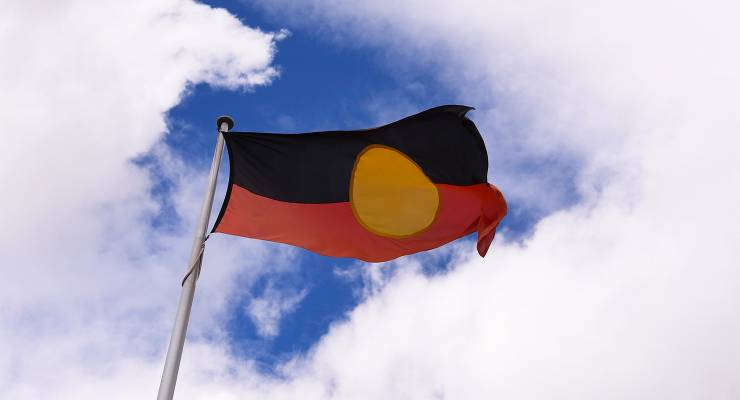
Producers and editors across SBS and NITV will soon be able to access specialist research undertaken by RMIT to bolster their referendum coverage, as the Yes and No camps for the Indigenous Voice to Parliament ramp up efforts in the lead-up to the vote.
The deal emerges as the latest in a series of efforts across the news media industry, with engagement from the Australian Electoral Commission aimed at proactively combatting the proliferation of mis- and disinformation during debate over the forthcoming referendum.
The new agreement between SBS, NITV and RMIT will also offer the broadcasters a direct line to the research team, allowing news teams to directly query claims encountered through the course of their reporting.
The research function, dubbed “CrossCheck”, forms part of RMIT’s FactLab and is produced by a team of online verification experts led by associate director Dr Anne Kruger, whose team closely monitors mis- and disinformation and alerts partners when it takes flight.
False claims related to the Voice have already spread widely online. In May, Crikey reported Australia’s far-right and conspiracy communities are spreading anti-Semitic conspiracy theories and hate speech in opposition to the proposed body.
The research will empower teams across the network to “debunk myths and misinformation” about the proposed Voice, “and counter misinformation” that rears its head over the course of debate, an SBS spokesperson told Crikey.
“It’s among the ways we’re ensuring all Australians have access to accurate information in the lead-up to the referendum, which reflects a diversity of perspectives and is available in their preferred language,” she said.
As part of its existing deal with the AAP, SBS will also be able to lean on the local newswire’s extensive “FactCheck” reporting, as well as the broader fact-checking being carried out at the network on a regular basis.
The official Yes and No camps for the Voice are expected to double down on their campaign output after the referendum bill passed the Senate on Monday following a tense final debate.
Australians are expected to go to the polls in October, with an official date to be likely announced by Prime Minister Anthony Albanese at the Garma Festival in August.
AEC kicks off national tour
The way the Voice campaigns are covered will have the close attention of the Australian Electoral Commission (AEC), which this week kicks off a national tour of metropolitan media briefings aimed at running Q&As with journalists and editors, with the goal of dispelling common misconceptions.
The briefings will run over the next month or so, beginning in Perth on Wednesday, an AEC spokesperson told Crikey. The tour follows a similar briefing offered to members of the parliamentary press gallery about a month ago.
The format is set to be fairly loose, with the electoral commissioner, the relevant state manager and director of media all being made available to answer the burning questions of reporters and editors on the record for roughly an hour.
“We’re very much aiming to be on the front foot and establish lasting relationships — not just for the referendum process, but recognising that the electoral cycle means you’ll be wanting to discuss the next federal election with us at some point before May of 2025,” the spokesperson said.
The briefings form only part of that relationship, after the AEC opened direct lines of communication with third-party fact-checkers — such as RMIT’s FactLab and AAP FactCheck — earlier in the year.
Beyond its media engagement, the AEC will also continue to run its disinformation register — limited to claims related to the actual referendum process — which the commission launched following its success in countering electoral disinformation at the 2022 federal election.
“Just like at a federal election, our role is to educate the Australian public about the referendum process, noting that it’s been 24 years since Australia’s last referendum and a lot of voters are a bit rusty on what actually happens when a referendum is held,” they said.
“For example, there’s a lot of confusion between a referendum and the 2017 marriage law postal survey, with some commentators referring to that survey as either a referendum or a plebiscite, when in reality it wasn’t even run by the AEC!”








The government is selling the Voice so badly that they will need all the help they can get for the public to understand it.
The whole thing is being set up as a confected fight for political media entertainment content, while maintaining a suboptimal status quo.
Without the publicity such a policy could be easily carried without dividive argumenta and BS, all the way through Parliament, citizenry and a successful tock box referendum, but no, not in Australia…. where divisiveness is need to keep the right and their media complex relevant….
Some of the online stuff is deliberately deceitful. NewsCorp click bait is atrocious
What do you mean counter- offensive? Isn’t that what the No campaign is? – Counter offensive is to engage against the force which initiates the operations so as to regain control. So technically the NO campaigners are mounting operations against the YES which is the offensive or initiating party. So the NO campaign is the response.